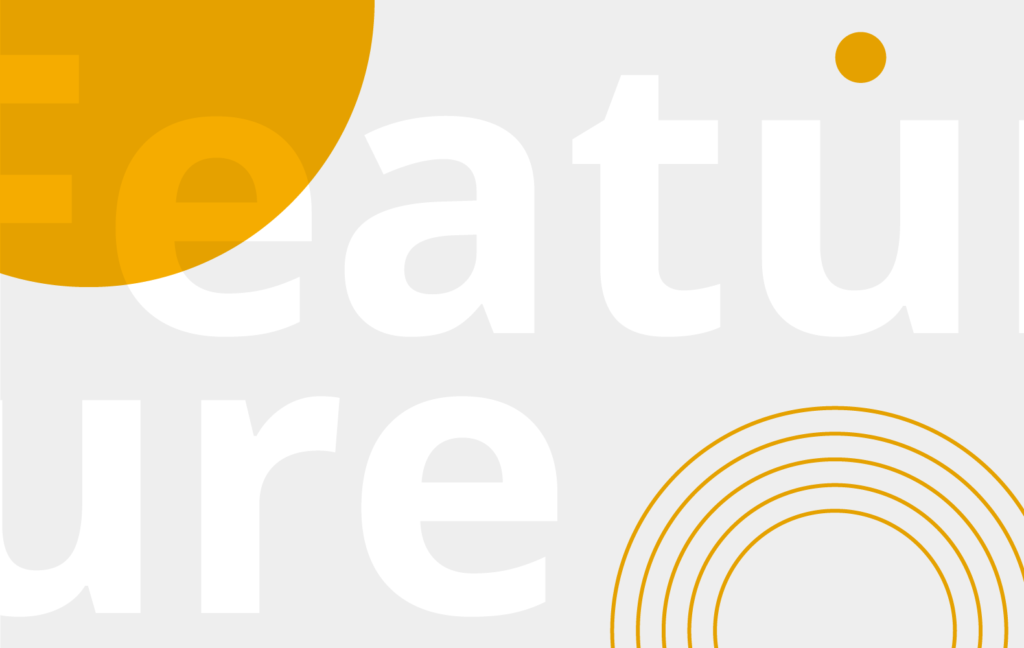11 April 2018 – The meeting format is not standardized: “If you have an idea for a meeting, get in touch, especially if it’s something a little out of the ordinary,” says Courses & Workshops Programme Manager Gerlind Wallon. “We welcome people calling in advance, and we pride ourselves on being flexible if we need to be.”
As a not-for-profit organization, EMBO funds meetings on the understanding that registration fees will be capped; the aim is to enhance European science and enable the best scientists to attend, rather than to make money. With the final cost for practical courses often being higher than the €37,000 funding limit, the registration fee cap means that organizers generally have to find additional funding. However, most organizers report little difficulty in finding other support, due to the prestige of being associated with a meeting carrying EMBO’s stamp of approval.
It’s undeniably a lot of work to prepare an application, especially as one of the main requirements is that the majority of speakers must have accepted. “Anyone can put together a wish list,” explains Wallon, “but you need to be able to guarantee most of the speakers are going to come.” Potential workshop applicants put off by the possibility of rejection should note, however, that in almost three-quarters of cases, those who are unsuccessful manage to run their meetings anyway; the depth of advance planning means that it’s easy to reformat and resubmit the application elsewhere.
How applications are assessed
The ten members of the Courses & Workshops Committee have the shared expertise to cover the 21 life science categories under which applications can be submitted. Prior to committee meetings, each proposal is assigned to two committee members for detailed review and scoring. Those that score very well are only briefly discussed; those that score poorly can be rescued if a committee member makes a strong case for them. Deciding which of the rest to fund forms the core of the meeting, and typically, this means discussing 50-60 applications.
There is no quota for different types of events, says Committee Chair Christian Lehner, University of Zürich, Switzerland. However, applications for workshops have increased relative to practical courses, which Lehner regrets. “I hope it’s not a continuing trend,” he says, “as it’s hard to get practical courses funded by any other method than EMBO, and we want to continue to spread novel methods rapidly around European labs.”
Although the committee takes great pains to avoid subject area bias, incoming applications are themselves biased towards certain fields. Lehner would like to see more submissions in plant biology, immunology, ecology and evolution, and particularly in molecular medicine: “EMBO welcomes proposals where medical research and molecular biology really meet,” he says.
What makes a strong application
How can organizers make their application stand out?
The topic is crucial, and it pays off to invest time in clearly explaining the science to convince everyone on the committee of its importance. It’s also important to put some thought into a good title: “Don’t call your meeting something like ‘The Corfu Conference on X’,” Lehner jokes, “as it looks as though you like the place more than the science!”
The meeting must stand out in comparison to similar meetings: “If you want to propose a cancer conference for example, you have to explain why there has to be yet another cancer conference,” Lehner says. “What is unique about your proposal?”
The speaker list must adequately represent the exciting work in the field: “You do need some superstars but there should be good representation of starting researchers as well,” comments Lehner, adding that the scientific logic of the programme must also be clear: “It’s important to think about why you have particular sessions and how they come together as a cohesive whole.”
EMBO takes the value of the meeting to junior researchers very seriously, and this includes providing easy opportunities for them to interact intensively with the invited speakers or teachers. Lehner underlines that the more opportunities there are for participants to meet speakers and each other, the better: “Poster sessions mustn’t be crammed into coffee breaks in tiny stuffy rooms,” he says. “And we definitely favour housing participants and invited speakers at the same location – parceling people out between many different hotels and making it hard to travel to and from the conference centre is not good.”
In the end, as long as the principal selection criteria are met, what really helps to get an application funded is attention to detail: “It pays to start planning your application reasonably early so you can get everything sorted out,” says Lehner. “If you can’t show you’re organized enough to produce a decent application, you probably won’t convince the committee you can organize a meeting!”
In the second part of this article, Carsten Janke, Madalena Tarsounas and Fritjof Helmchen share their personal tips and tricks for organising an EMBO event.



